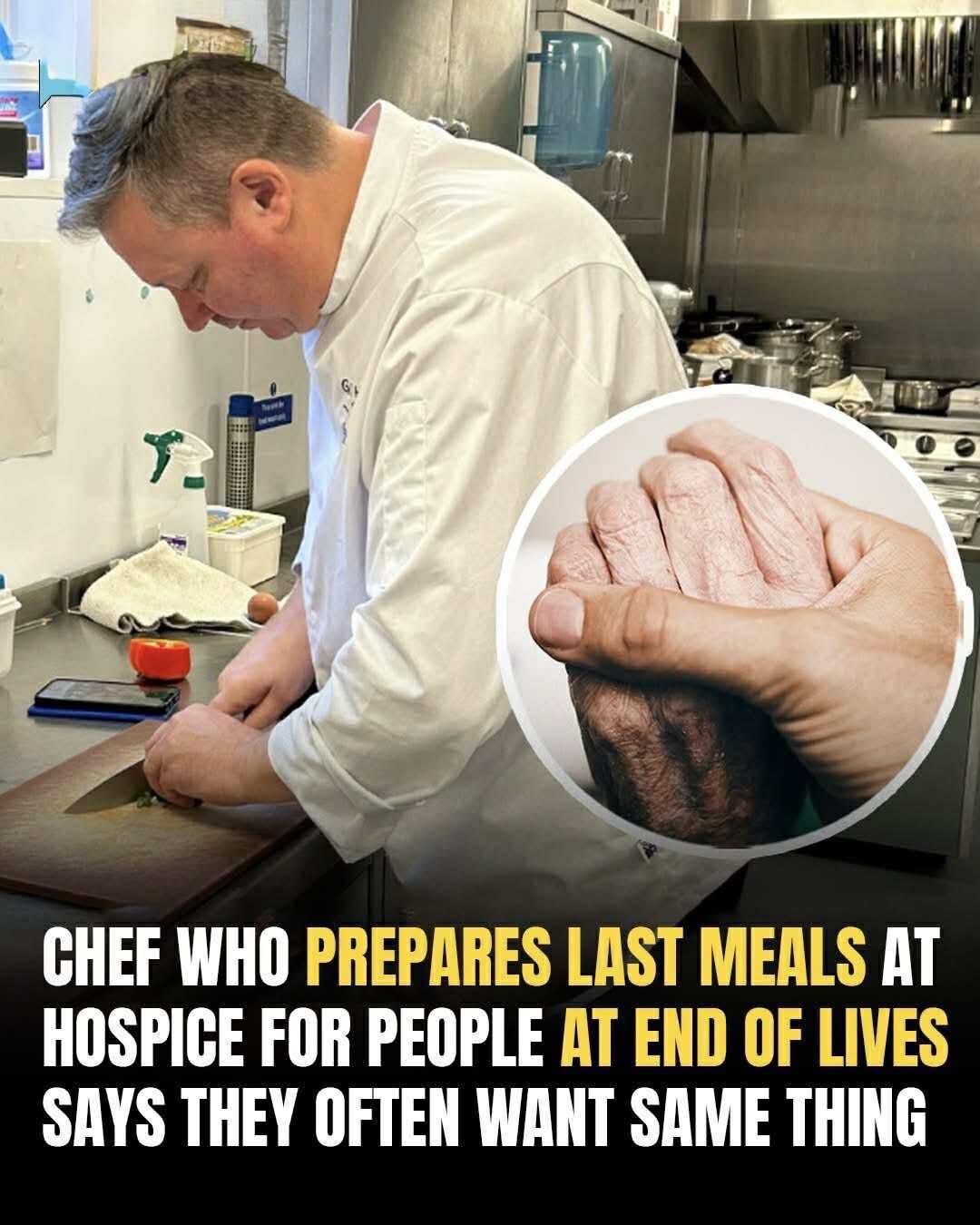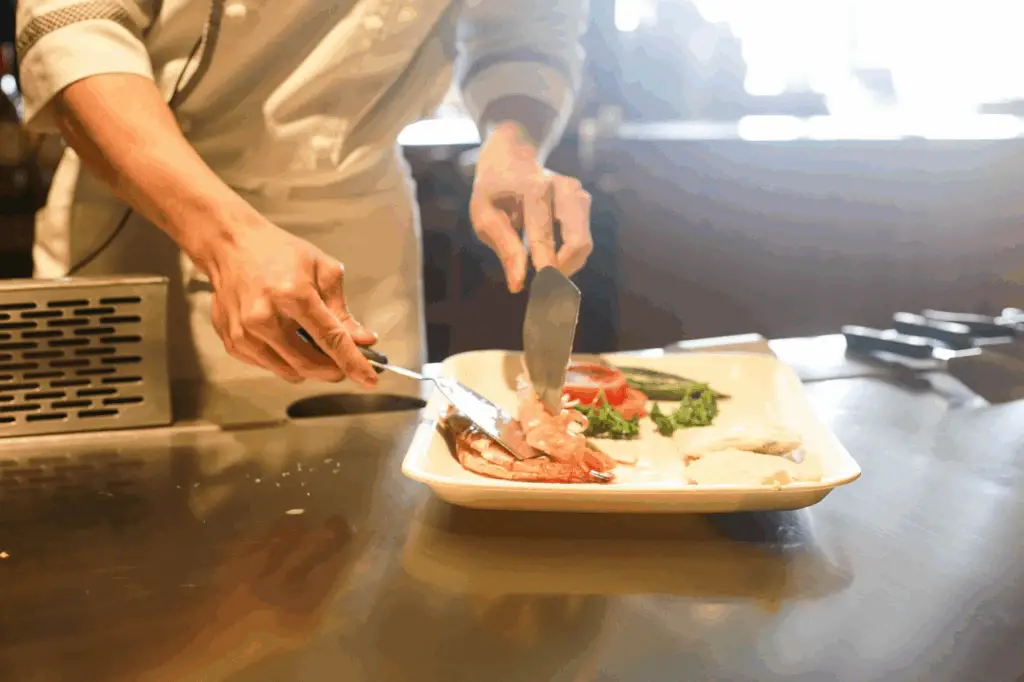At Sobell House Hospice in Oxfordshire, chef Spencer Richards goes beyond his role as a culinary expert. For him, cooking for terminally ill patients is not just a job, but a calling. Richards has made it his mission to offer comfort through food during the final days of life, and his passion for helping others shines through in every meal he prepares.
A Privilege to Serve the Final Meal
Richards shared with The Mirror that there is no greater privilege than serving someone their last meal. His philosophy is rooted in the belief that food can offer comfort and dignity during the most difficult moments. Recently, Richards catered to a 21-year-old patient who didn’t find comfort in the usual hospice menu. Instead, the young man preferred street food, so Richards worked with him to prepare a meal that suited his tastes.
In another heartwarming example, Richards recalled making a birthday cake for a 93-year-old patient who had spent her life in a traditional home where birthday celebrations were rare. The patient was overwhelmed with joy when the cake was presented, shedding tears of happiness.
The Most Requested Comfort Food
While Richards serves a variety of dishes, one food request stands out above the rest: birthday cakes. According to Richards, a birthday cake is one of the most common things that hospice patients ask for as they approach the end of their lives. For many patients, especially those who have felt isolated or lonely, small gestures like this hold significant meaning.
“They’re small things, but especially for people who’ve been isolated or are feeling lonely, they mean a lot,” Richards explained.
Adapting to Changing Tastes and Needs
As patients in palliative care often lose the ability to swallow or experience changes in their taste buds, Richards adapts the dishes he prepares to meet their unique needs. Medications and treatments can also alter the way patients experience flavors, so he pays close attention to the types of food that will offer the most comfort.
Richards has noticed a pattern among cancer patients—many of them develop a sweet tooth. In addition, most patients become sensitive to salt, which influences the way meals are prepared. These subtle shifts in preference are part of the chef’s daily challenge to create dishes that bring both comfort and nourishment.
The Power of Food
“Food is a powerfully emotive medium—it can summon childhood memories and create new lasting ones. That’s what we do here,” Richards said.
Through his cooking, Richards provides more than just sustenance. He offers a sense of connection, comfort, and joy during a time when many patients are feeling their most vulnerable.
Please SHARE this article with your family and friends on Facebook!



